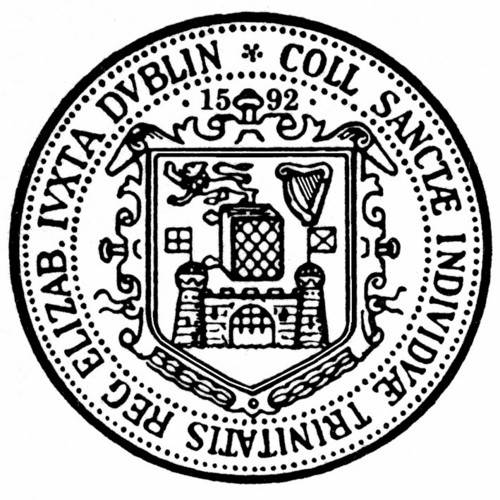Aonghus Ó Cochláin
Student Affairs
An increasing neoliberal approach to third-level education has put universities at “the very centre of the production of social inequality,” the co-founder of the Campaign for the Public University in the UK, John Holmwood, warned staff and students last Thursday in Trinity College, Dublin. Dr Holmwood, a sociologist based at the University of Nottingham, made the remark during a public lecture organised by the Department of Sociology, in conjunction with UCD and the TCD Policy Institute.
In what he described as “absolute hypocrisy,” Holmwood commented that those who are leading the charge for higher fees most strongly are graduates who came through a system of public funding themselves and are now “pulling the ladder up behind them.” He also drew attention to the decline in part-time education and adult education in recent times – a phenomenon he described as “the collapse of second chances.” The movement against the growing corporatisation of third-level education in Ireland is set to gather speed as a result of the recent launch of a new campaign spearheaded by Dublin City University academics. The organisers behind “Defend the Irish University” argue that “a narrow, self-limiting strategy prevails in the Irish university, focused on the marketisation of knowledge, teaching and research and the reduction of those who work in the universities to mere service providers.”
The group unveiled a 10-point charter this Monday in an attempt to promote the importance of universities as a public good. In particular, the campaign’s charter stresses the “importance of academic freedom over a fear-driven consensus, creativity over blind compliance and collegiality over managerialism.” It also states the need for teaching and research to be conducted independent of business interests, arguing that the aim of education should be to advance knowledge and foster creativity rather than achieving profit. While information and communications technologies such as online-learning can have many benefits for teaching and research, they should not be used to “impoverish the quality of education or reduce staff-student contact time,” according to the campaign’s organisers.
The campaign is supported by the Services, Industrial, Professional and Technical Union (SIPTU) and the Irish Federation of University Teachers (IFUT), and has gathered over 600 supporters in an online petition. In one of the comments on the petition, Professor Ronaldo Munck of DCU, warned that: “We are at a point in Irish universities where we either accept the steady decline of funding and morale or stand up for an alternative vision or visions of what a university can be. It is time we have a proper debate on what the purpose of a university is before current moves to dumb it down succeed.”
Speaking recently to a group of alumni, Provost Patrick Prendergast suggested that he would not be a reluctant supporter of privatisation. However, in a survey since conducted by this paper, 81% of students expressed their opposition to any proposed privatisation of College.






